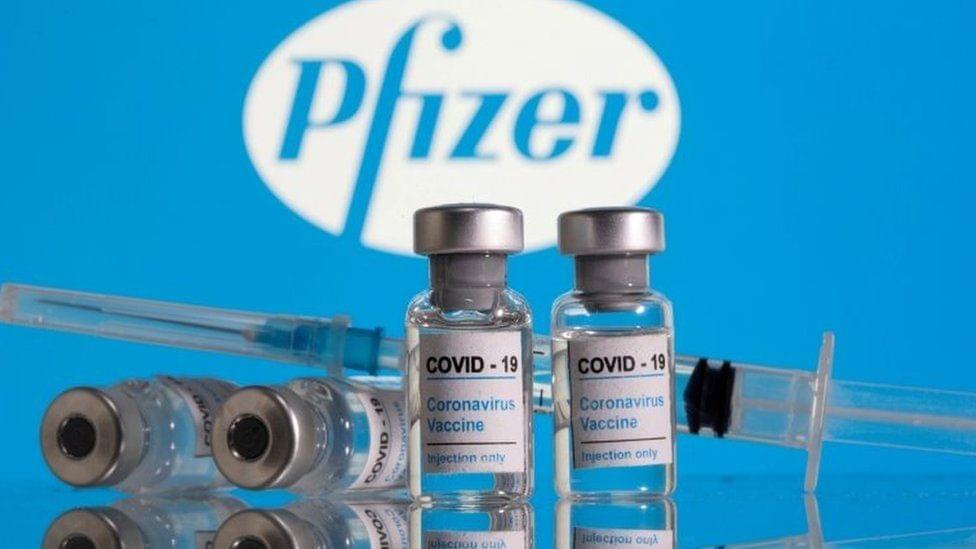
The Pfizer vaccine is a potential preventive shot that could protect individuals from contracting deadly COdaq-19 deadly viruses such as shingles. Its official brand name is Comirnaty, which is a trademark of Pfizer. Pfizer Incorporated, one of the largest biopharmaceutical industries, and Bioten, a German biotechnological company, developed this vaccine. According to the Centers for Disease Control and Prevention(CDC), most individuals receive this preventive shot during two doses, with the second dosage coming around 21 days after the initial one.
There are several products manufactured by this company, which have had limited production runs and have been withdrawn from the market. One of these products is the Pfizer Vaccine Lumbar, which is also known as the Zosterrix. The US Food and Drug Administration approved the production of this vaccine but has not yet given its full approval. The FDA received reports that the safety profile of this product was questionable, thus the decision to withdraw the vaccine from the market was made. However, the US FDA has not lifted the ban on the production of coccidia versicolor vaccines.
The other vaccine in the line, Pfizer-biotech-levodiansy, also had a limited distribution by the straits times. The US FDA granted the company's request for full approval of its Pfizer-biotech-levodiansy vaccine, having received positive results from clinical trials. It is estimated that approximately three hundred thousand men, women, and children may be potentially exposed to the human papilloma virus through this vaccine, as it has not yet reached its full market potential. The company continues to work on improving the manufacturing process of its vaccine.
It is important to note that there is an array of other men vaccines in development. A number of these vaccines are aimed at preventing common childhood diseases such as chicken pox, rotavirus, lice, and yellow fever, while others are geared towards preventing more serious diseases affecting adults. Adults are particularly susceptible to receiving adverse reactions from some forms of HPV viruses, making these vaccines especially important. It should be noted that, of all the HPV vaccines available, strains of HPV that cause the most problems in young children are the Gardasil vaccine. An estimated eighty-five percent of adolescent girls and boys will experience at least one occurrence of genital warts during their lifetime.
Other vaccines in development include a live virus vaccines, an interferon-beta vaccine, and vaccines targeting the herpes simplex virus, the varicella-zoster virus, and the piroplasmosis vaccine. While these vaccines continue to undergo clinical trials, the Pfizer vaccine has received its full approval and is expected to be released for use in about two years. It is also estimated that sales of this vaccine will begin in the next year.
One of the main reasons why this vaccine has received approval to market is due to its safety profile, which has been established after extensive studies. Since all of the clinical trials performed so far have been double blinded, there is no way to determine whether the vaccine actually produces results, or whether it is simply passing on to healthy children. As long as no symptoms occur during the course of treatment, it is considered safe for both children and adults. With continued tests being performed, the Pfizer vaccine will soon be available for everyone.
